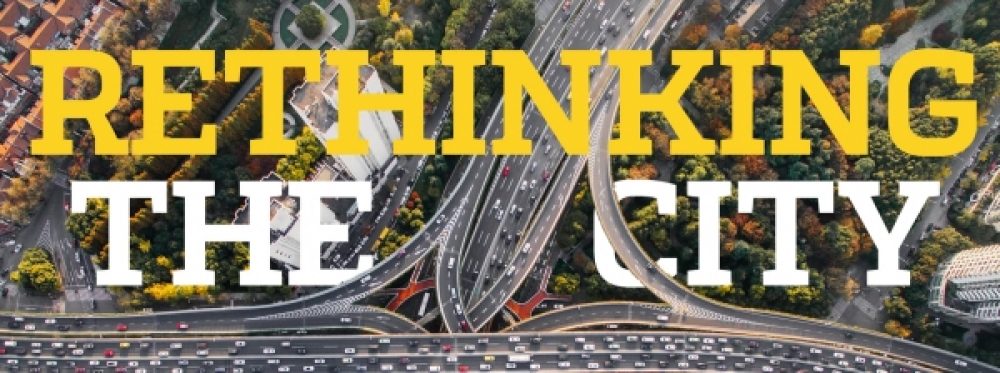— By Chakris Kussalanant, Office of International Affairs, University of Oregon
The Association of Pacific Rim Universities has chosen the UO to host the new APRU Sustainable Cities and Landscapes Research Hub, a clearinghouse for collaborative research and innovative solutions in urban development with a focus on city-landscape interactions.
The association is a network of 45 leading research universities in the Asia-Pacific region. The universities span 17 economies, building international cooperation, fostering talent, contributing to social and economic advancement and developing new knowledge on the major challenges facing the region.
“As an international leader in sustainable urban design and landscape planning, the UO is an ideal home for the hub,” said Christoph Lindner, dean of the College of Design.
The new hub is managed at the UO with support from the eight other universities that make up the steering committee: the Australian National University; National Taiwan University; Tsinghua University, China; University of California, Los Angeles; University of Chile; University of Hong Kong; University of New South Wales, Australia; and University of Washington.
Rethinking the City- APRU Sustainability Hub from International Ducks on Vimeo.
The project began several years ago as the university association and the UO discussed ways to leverage expertise in sustainable urbanism, land use planning and natural resource management in ways that could apply around the Pacific Rim. UO Vice Provost for International Affairs Dennis Galvan, with support of the university president and provost, worked with key faculty to pitch the UO as host of the new sustainability hub.
“We provide a platform to address and solve some of the key sustainability challenges within the fastest-growing region of the world and to provide a basis for experts to work collaboratively on these issues,” Galvan said.
The APRU Sustainable Cities and Landscapes Hub is managed by a steering committee of 14 UO faculty members from four schools and colleges under the Global Studies Institute in the Office of International Affairs.
Professor Bart Johnson, department head in landscape architecture, leads the UO steering committee. His colleague, assistant professor of landscape architecture Yekang Ko, serves as hub director and is organizing its inaugural international conference in September.
“The demand for this hub comes from the need to really consider the sustainability of cities in relationship to their surrounding rural and natural landscapes,” Johnson said. “Cities are hot spots for both problems and solutions — social engines of culture and ideas — but they also have huge ecological footprints, crime and human suffering. These problems are too often considered in isolation from their local and regional contexts.”
According to Johnson, since 2008 modern cities have officially held half of the world’s population, effectively making humans an urban species. In addition, cities now also consume three-quarters of the world’s energy and create three-quarters of the world’s emissions, requiring innovative design and planning solutions with the potential to endure over time in the face of unprecedented population and climate change.
“Even green energy has environmental impacts, especially when it is improperly situated and at inappropriate scales,” Ko said. “Many sustainable solutions so far have failed because of the lack of understanding of the city and landscape system as a whole.”
Ko’s research looks at how countries sometimes misspend millions of dollars to develop “green energy” solutions that can negatively affect the surrounding environment and even threaten endangered species in the area of a project — the ultimate irony in the fight to revert climate change.
The first international conference of the new APRU Sustainable Cities and Landscapes Hub will take place Sept. 15-17 at the UO Portland campus. It follows a model in which participants are invited to join one of 10 working groups on issues ranging from the downsides of green energy to urban salmon habitat.
Each working group of 6-10 scholars will use the conference to finish their collaboration on joint publications, the best of which will appear in an edited volume resulting from the conference.
To learn more or apply for one of the workgroups for the conference, visit the APRU Sustainable Cities and Landscapes

